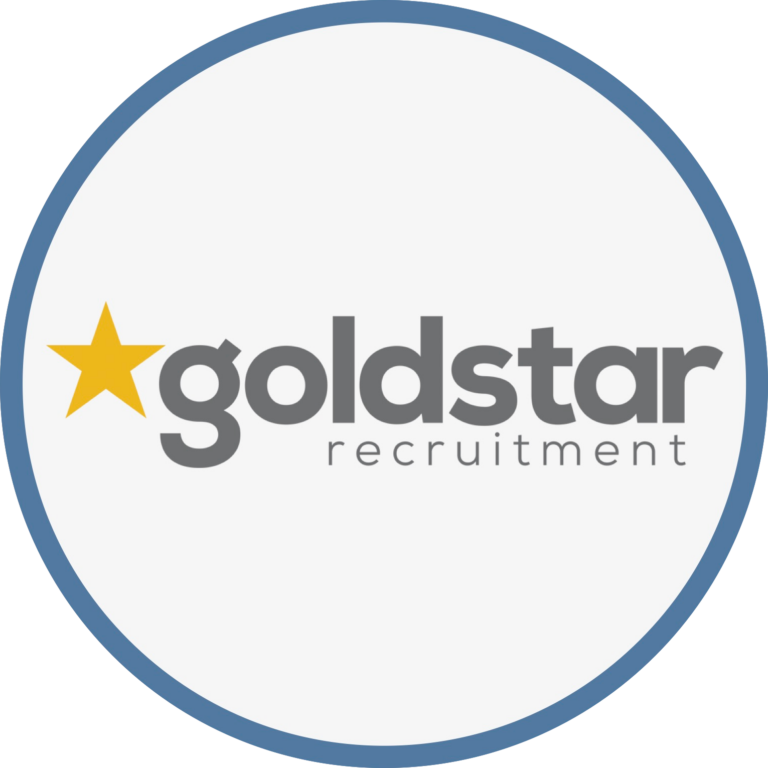Navigating the Hospitality Job Market: Tips for Job Seekers

How to Land a Job in Hospitality: CV Tips, Networking, and Interview Advice for UK Job Seekers
If you’re trying to land a job in the hospitality industry, you’re not alone—and you’re not wrong. With thousands of roles across hotels, restaurants, bars, and events, this sector offers one of the most exciting and dynamic career paths in the UK.
But here’s the catch: hospitality is competitive, especially as the industry rebounds post-pandemic. Whether you’re fresh out of university or bringing years of experience, you need more than passion to stand out—you need a strategy.
This guide will walk you through every step: from writing a winning hospitality CV and networking like a pro, to acing interviews and following up the right way.
How to Write a CV for Hospitality Jobs in the UK
Your CV is your first impression—so make it count. Employers in hospitality skim CVs quickly, so yours needs to be clear, tailored, and impact-driven.
🔑 Key Elements of a Strong Hospitality CV:
Clean formatting: Use bullet points and headers for clarity.
Relevant experience: Emphasise customer service, multitasking, and time management roles.
Highlight achievements, not just duties:
✅ “Increased table turnover by 15% through efficient table planning”
🚫 “Responsible for taking orders and serving food.”Tailor for every job: Match your CV to the role and company culture.
Include key skills: POS systems, food safety certificates, barista skills, conflict resolution, etc.
⚠️ Common CV Mistakes to Avoid:
Spelling or grammar errors (proofread!).
Cramming in unrelated experience.
Using one generic CV for every role. (Remember many employers will use AI to scan the CV for relevancy to the role, you may be rejected the moment you hit ‘send’ if the cv is not tailored to the role you are appying for).
💡 Need help refining your hospitality CV? Send it to our Goldstar team for feedback—we’ll help you shine.
Networking in Hospitality: How to Build Valuable Industry Connections
In hospitality, who you know often leads to job offers—sometimes before they’re ever posted online. Building a strong network is a long-term investment in your career.
🤝 How to Start Networking:
Attend events: Trade shows, open days, and hospitality expos are ideal places to meet potential employers.
Join industry groups: The Institute of Hospitality (IoH) and LinkedIn groups can open doors.
Use LinkedIn well: Connect with recruiters, comment on posts, and share insights—it helps build your personal brand.
Ask for advice: Reach out to people in roles you admire and ask for a quick 10-minute call. These chats often lead to opportunities.
🔄 Keep Relationships Alive:
Follow up with your contacts once in a while.
Be helpful—share job leads or industry news.
Stay authentic and interested.
Where to Find Hospitality Jobs in the UK
Casting a wide net across multiple platforms increases your chances. Don’t just rely on one job board.
📍 Job Boards to Bookmark:
Caterer.com – the UK’s leading hospitality job board
🧑🍳 Use Specialist Recruitment Agencies:
Agencies can fast-track your job search by matching you with employers who need your exact skillset.
Goldstar Recruitment specialises in hospitality roles between London and Oxford, including The Cotswolds. From chefs to hotel management, we place talent in roles that fit both skills and aspirations.
📱 Don’t Forget Social Media:
LinkedIn Jobs: Great for professional roles.
Facebook groups: Local and industry-specific groups often post short-term roles.
Instagram: Many trendy restaurants and hotels advertise job openings in stories and posts.
Hospitality Interview Tips: Questions, Techniques & Best Practices
You got the interview—now what? Hospitality interviews often assess your personality, problem-solving, and ability to work under pressure.
❓ Common Interview Questions:
“Tell us about your experience in customer service.”
“How do you deal with difficult guests?”
“Why do you want to work in hospitality?”
“Describe a time you worked well under pressure.”
🧠 Interview Tips to Remember:
Research the company: Understand their ethos and guest expectations.
Dress smartly: Even if the role is casual, you’re still presenting yourself.
Use the STAR method: (Situation, Task, Action, Result) to structure answers.
Ask thoughtful questions:
“What does success look like in this role?”
“What do your top employees have in common?”
📣 Pro Tip: Practice interview answers out loud and record yourself—it makes a big difference.
How to Follow Up After a Hospitality Job Interview
A thoughtful follow-up shows professionalism and enthusiasm.
✅ Best Practices:
Send a thank-you email within 24 hours, reiterating your interest and highlighting something specific from the conversation.
Check in after a week if you haven’t heard back—keep it polite and brief.
Stay persistent but respectful. If you don’t get the role, thank them anyway and ask to be kept in mind for future openings.
Final Thoughts: Keep Learning, Keep Showing Up
The UK hospitality job market is full of potential—but it moves fast. With the right strategy, mindset, and a little help from industry experts, your next role could be just around the corner.
✅ Update your CV
✅ Start networking
✅ Practice for interviews
✅ And above all—don’t stop applying.
🎯 Ready to Kickstart Your Hospitality Career?
At Goldstar Recruitment, we help job seekers like you land permanent and seasonal roles in top hotels, restaurants, and venues across London, Oxford, and The Cotswolds.
Whether you’re a graduate, a chef, or an aspiring hotel manager—we’ve got opportunities that match your goals.
📥 Send us your CV today or call 01865 249 389 to speak to a recruiter.
Let’s find your perfect role in hospitality. You’re ready—we’ll help you get there.


OUR SERVICES
Free Advice Appointments
If you need help with figuring out your next career step in the hospitality industry, our dedicated and experienced team are here to answer any questions you might have.
Get in touch with us and we can offer you bespoke advice and discuss the various options available to you.
Contact Info
info@goldstarrecruit.co.uk
Unit 15, Glenmore Business Park, Langford Locks, Kidlington, Oxon, OX5 1GL
Make an event staffing solutions enquiry
Latest News
Everything you need to know about the Hospitality, Commercial and Industrial markets in the Oxford area and how to become more employable.




